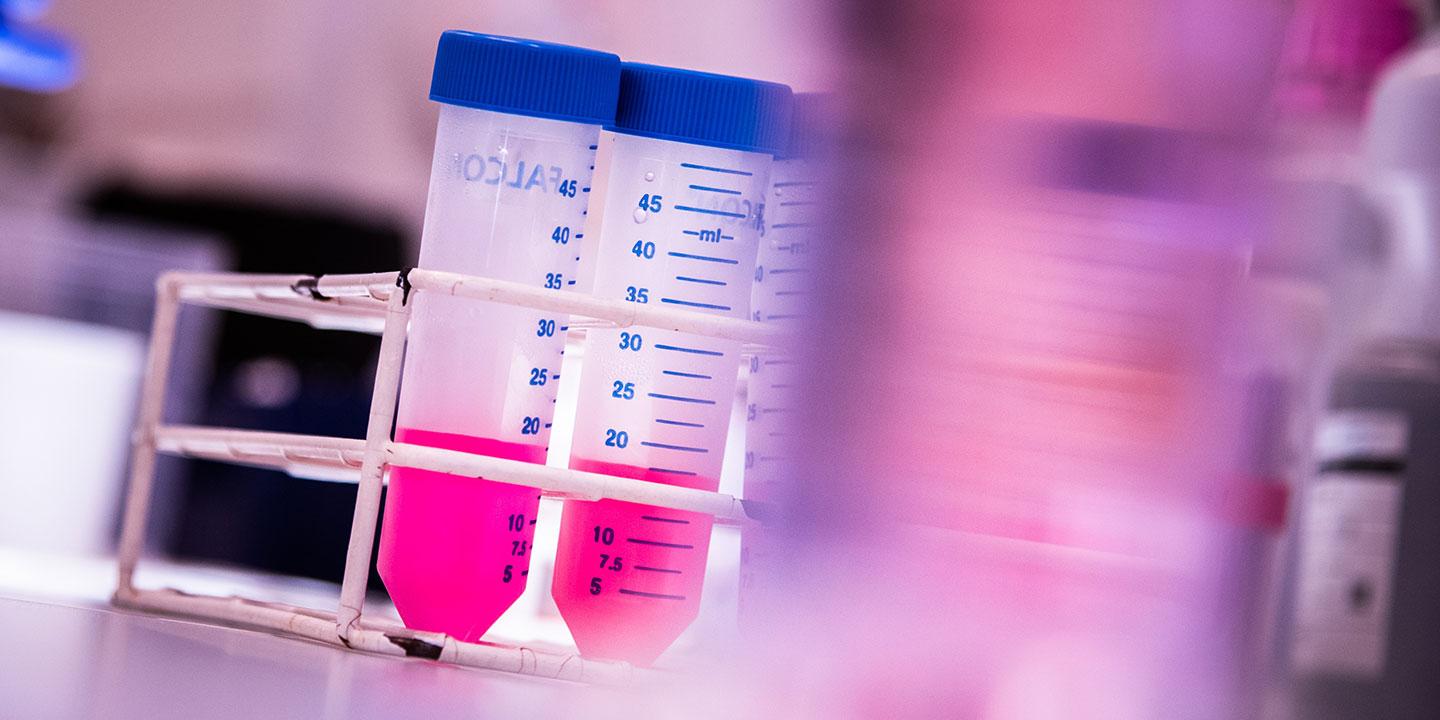Immunoglobulin signature as a predictor of long Covid

The causes of long Covid are still largely unclear. But now a detailed investigation of immunological markers in the blood has provided clues about susceptibility to long Covid.
Approximately one third of Covid-19 patients report health complaints lasting more than four weeks or in some cases several months. This clinical picture, known as “long Covid” or post-acute Covid-19 syndrome (PACS), often manifests itself as fatigue, shortness of breath and cognitive impairment. The reasons for the persisting complaints are not yet clear. A research team led by Onur Boyman, Carlo Cervia and Yves Zurbuchen at the Immunology Clinic of University Hospital Zurich and Zurich University has now discovered that an immunoglobulin signature can predict the risk of suffering from long Covid. The results of the broad-based study have just been published in the journal Nature Communications.
The researchers studied a cohort of 175 Covid-19 patients plus a control group of 40 healthy persons for one year in order to better understand the clinical picture and the immune response to the virus. In doing so, they identified a number of risk factors for developing long Covid. These include advanced age, a history of asthma, and the number of health complaints at the beginning of the Covid-19 illness. The concentration of various antibody classes in the blood was also analysed. Examination of the immunological markers revealed that low levels of immunoglobulin M (IgM) and immunoglobulin G3 (IgG3) increased the risk of long Covid.
Armed with this new knowledge, the researchers generated a forecasting model that predicts the risk of long Covid. This is based on the factors of age, number of symptoms during the primary infection, history of asthma, and the measured blood concentrations of IgM and IgG3. The forecasting model was tested in a second, independent cohort of 395 Covid-19 patients.
In addition to improving the accuracy of risk forecasting, the study has delivered important findings on the development and pathogenicity of long Covid (PACS). Being able to identify risk patients early opens up new treatment options, especially in people with a history of asthma.
National and international media have reported on the study.
Project outline: Immunological memory of SARS-CoV-2 infection
Immunological risk prediction of post-Covid-19 syndrome or “long Covid”
